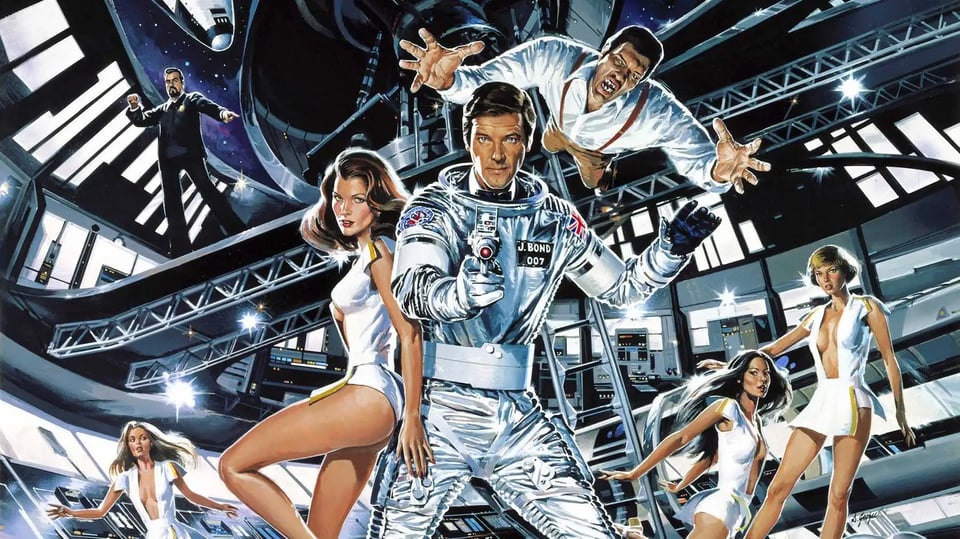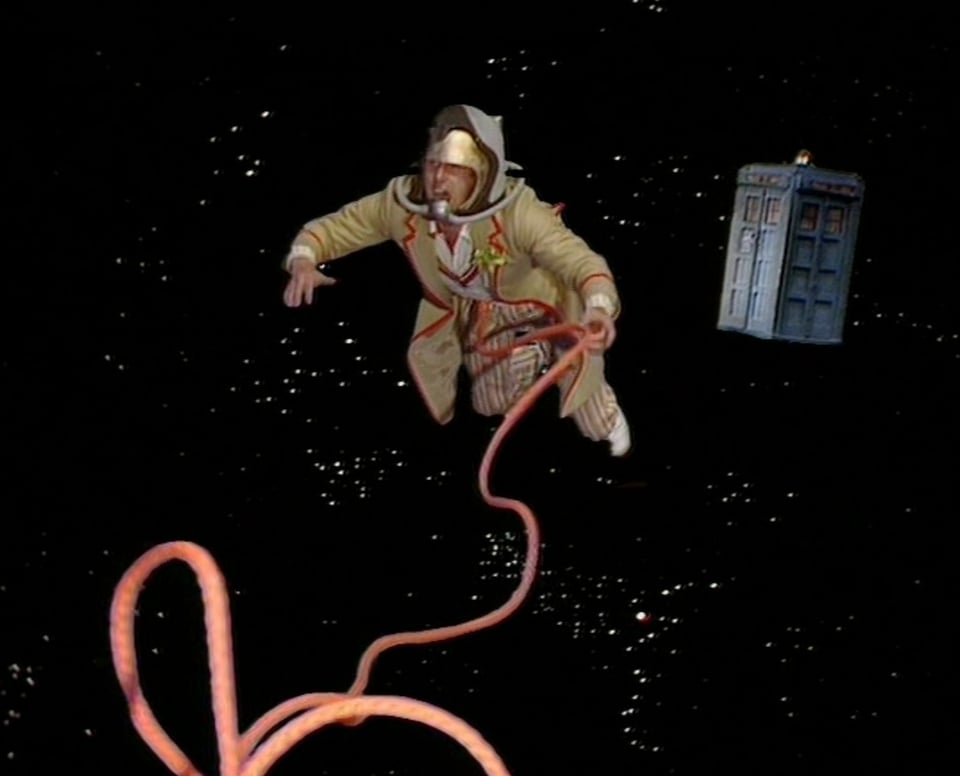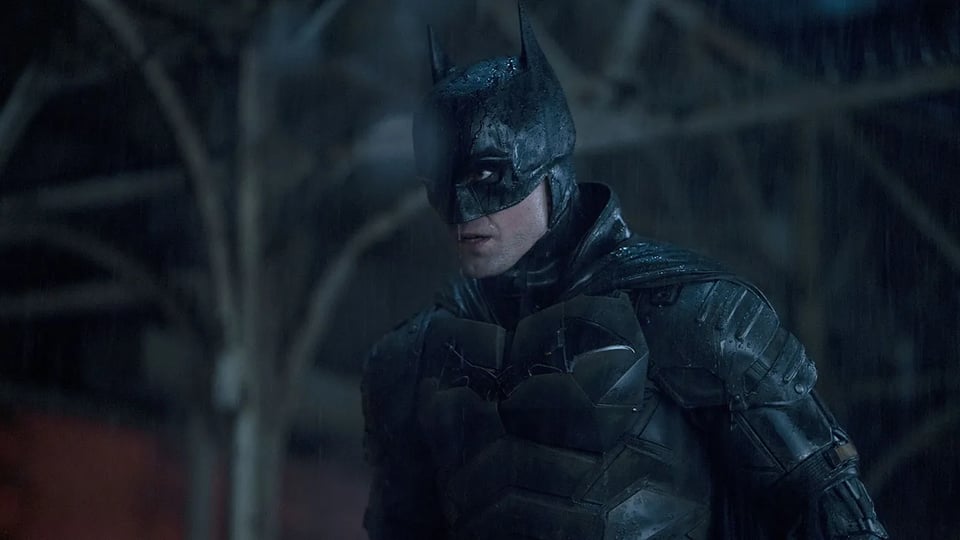It's Another Handful of Mini-Rants!
Hi! I’m so grateful to everyone who subscribes to this weekly newsletter — and especially to the folks who’ve taken the time during my book tour and convention visits to let me know that they’re enjoying reading it.
FYI, tomorrow (Tues 9/2) I will be at Charis Books in Decatur, GA to be part of their monthly Meet Me There reading series. I’d really love to see you there, but you can also watch the whole thing online.
And in case you missed it, I have a new novel out called Lessons in Magic and Disaster, about a young woman who teaches her mother how to be a witch. Bookseller Julie Goodrich with Beaverdale Books in Des Moines calls it "one of my favorite books of the decade" and says "I loved every minute of this story, even when it hurt." It’s available everywhere, but if you want it signed/personalized/doodled, you can order from Green Apple.
Okay so this week’s newsletter consists of three quick takes on pop culture topics, rather than a single rant. Enjoy!
For your eyes only is the most important moment in James Bond history.
Imagine if the next Fast and Furious movie was a down-to-earth film about street racing and car-based petty crimes, along the lines of 2001’s The Fast and the Furious. Or imagine if the next Marvel Cinematic Universe movie was as contained and straightforward as the first Thor or the first Iron Man. Imagine if they made a Mission Impossible where Tom Cruise went on an impossible mission.
It's almost impossible to imagine this, because the logic of franchises is to always get bigger and more extreme, with each installment featuring splashier set pieces and more complex storytelling with higher stakes. For a franchise to scale back and do something at human scale, with — gasp — relatable characters dealing with a comprehensible situation is almost unimaginable these days.
But the James Bond films did it!
Back in the 1970s, James Bond was in a bit of a slump: the first two Roger Moore films underperformed by a lot, even though I loved The Man with the Golden Gun when I was a little kid. (When my hotel caught fire in Hong Kong one time and I was shoved out on the street at 4:00 in the morning, I stumbled into the Bottoms Up strip club that had been featured in The Man with the Golden Gun and sported a huge plaque to that effect. Sadly, the James Bond connection was the only good thing about that place.)

Anyway, the James Bond series was struggling — but then the tentpole era started with Jaws and Star Wars. James Bond went big and splashy with The Spy Who Loved Me and Moonraker, the latter of which was a blatant Star Wars ripoff featuring laser battles in space and a bonkers over-the-top plot about a super villain trying to cause some kind of eugenic apocalypse. I also really love Moonraker, which is the cheesiest and most exuberantly wacky spectacle ever, and the absolute apotheosis of James Bond as superhero. But… how do you top something as massive as Moonraker?
You don't. Instead, you scale back and return to the fundamentals — which is what the Bond films did with For Your Eyes Only in 1981.
For Your Eyes Only had a simple plot with reasonable stakes, involving a dude who's trying to steal a piece of technology that will make him slightly better at being an evil dude. Bond’s love interest for the film is a woman out for vengeance, only for him to teach her that revenge is bad. It's a super fun movie, featuring some of my favorite Bond stunts — the early car chase around the narrow streets of Corfu is one of the all-time great Bond set pieces. But it is relentlessly stripped back and down to earth, literally, compared to Moonraker.
What if the Bond films had continued to try to get bigger and bigger after Moonraker? My belief is that we wouldn't even be talking about them now. They would be a dead franchise, long since forgotten. Dialing the massive spectacle and humongous stakes back to a reasonable level for one film allowed Bond to reset. The result was a slew of '80s movies that varied wildly in quality but were generally pretty watchable low-key spy thrillers.
So the Bond films provide a useful role model for everybody thinking about everybody trapped in that upward spiral of ever increasing flashiness. I think this strategy could still pay off in 2025, if a still-popular series loudly announced it was going “back to basics” and paring back excesses.
Doctor Who should go back to hard science fiction
I want to be clear but I have loved the recent seasons of Doctor Who more than anything — Ncuti Gatwa is one of my all-time favorite Doctors, and the move toward more fantasy-based storytelling with gods, goblins, and mystical weirdness has done exactly what everyone was hoping in terms of revitalizing a show that in its new incarnation has been on the air for twenty years at this point. It’s been utterly wonderful.
And yet… Doctor Who already went pretty hard into fairytale, fantasy territory during Steven Moffat’s tenure as head writer. So we’ve really been getting a solid dose of fantasy stories since 2010.
So going forward, I think one way for Doctor Who to reinvent itself again would be to go to the opposite direction: towards hard science fiction. This is arguably one of the few aspects of Doctor Who that the show has not leaned into in the twenty-first century, and I think it's something that could pay off.

At this point, I'm sure someone is about to say that Doctor Who has never been hard science fiction, according to their own personal definition of the term. But in fact, Doctor Who made many attempts in the 20th century to do more stories grounded in science, with admittedly mixed results.
When Doctor Who started in 1963, it was intended to be an educational show, with science fiction stories teaching kids about science, and historical adventures teaching kids about history. The early Doctor Who stories absolutely do include moments of science education for kids, such as the moment in “The Dalek Invasion of Earth” where the Doctor and Ian pass a intelligence test requires them to understand Boyle's Law. Later, in 1966, producer Innes Lloyd decided to hire a science advisor for the show, and picked Kit Pedler, a fascinating man who used to protest at too much plastic packaging in stores by ripping the wrappers off his shirts at the cash register. Kit Pedler's main contribution to Doctor Who was co-creating the Cybermen — his attempt to bring real world ideas of cybernetics and life-extension to the show.
In the early 70s, Barry Letts famously got the production office a subscription to New Scientist magazine so he and Terrance Dicks could rifle through the pages looking for story ideas. Of the writers during that time, Bob Baker and Dave Martin seem to have been most interested in injecting a loss of real science into their stories, though admittedly a lot of their science was in fact very silly. Finally, in 1980 regular New Scientist contributor Christopher H. Bidmead became script editor and was keen to cram notions like tachyonics and entropy into his scripts — along with a special focus on computer science, one of Bidmead’s main interests.
That said, it's true that Doctor Who has usually fallen short of its aspirations to depict accurate science on screen, in part because of its adventure format. But I think a version of Doctor Who that incorporated more scientific knowledge and based more stories on recent scientific discoveries would be great for both educating kids — its original mission — and fascinating adults. And you know what? We really do need more interest in science, and scientific wonder, right about now, with scientific research under attack by powerful reactionaries.
(Side note: I wrote this particular mini-rant before the passing of Christopher H. Bidmead, one of the people who really pushed Doctor Who into serious science fiction territory back in the day. Bidmead is an underrated contributor to Doctor Who, and you could argue the show might not still exist today if he hadn’t been there to push it in a more serious, scientifically-minded direction at a key moment.)
Robert Pattinson should be the DCU's Batman
For those of you who missed this mini-controversy, James Gunn rebooted the DC Comics movies starting with this past summer's Superman. Next year, we're getting Supergirl and Clayface — but at some point, there's going to have to be a Batman movie set in Gunn’s new DC Universe.
I am kind of over shared universes as a concept, and I especially think it's a bad idea to have a universe straddle TV and films the way Gunn is currently doing by including Creature Commandos, Peacemaker and the upcoming Lanterns in the same universe as Superman.

At the same time, I do think if there's already a perfectly good Batman on screen, why not retcon him into the DC Universe? I have to admit I don’t feel strongly about this, but I like Robert Pattinson as Batman. And I’d enjoy watching his emo Batman rub elbows with David Corenswet’s extra-boy-scouty Superman. I also think Pattinson is working as Batman, and another Batman might not be as cool, and I’d like to see Pattinson have more to do.
The main argument against putting back Pattinson's Batman into the DC universe involves tone and world building. Basically, The Batman takes place in a semi-grounded, gritty world of serial killers and gangsters. (The “semi” in that previous sentence is doing a lot of work, considering that The Batman — spoiler alert — ends with Gotham being destroyed in a magical flood.) If you put Pattinson into the DCU, audiences will wonder why Metamorpho or Guy Gardner don’t show up to help the next time Batman is fighting the Penguin. (Audiences will not wonder this. Three online nerds will pretend to wonder for clout.)
This line of argument is similar to writer/editor Denny O’Neil’s approach to Batman in the 1980s. O’Neil had written some of the best Batman comics in the 1970s, featuring a more serious approach, so when he became Bat-editor in the 1980s, he decided Batman existed in his own silo. The campy science-fiction stuff from other DC Comics wouldn’t show up in Batman, and he would make fewer guest appearances in other DC titles. This didn’t last all that long, but also it was kind of unnecessary — you can have Batman fight Darkseid in Justice League and simultaneously publish a gritty comic where he investigates a serial killer, and literally everyone will understand that the same character can have different adventures in different comics. It’s not that complicated.
I also find it pretty hilarious when people insist we couldn’t have Tyler Hoechlin and David Corenswet playing Superman at the same time, because it would be too confusing. And then those same people turn around and say that it’s fine for Batman to be simultaneously played on the big screen by both Pattinson and Steve Buscemi (I’m just guessing that’s who will be the DCU Batman) because it’s like an Elseworlds comic. Make up your minds, people!